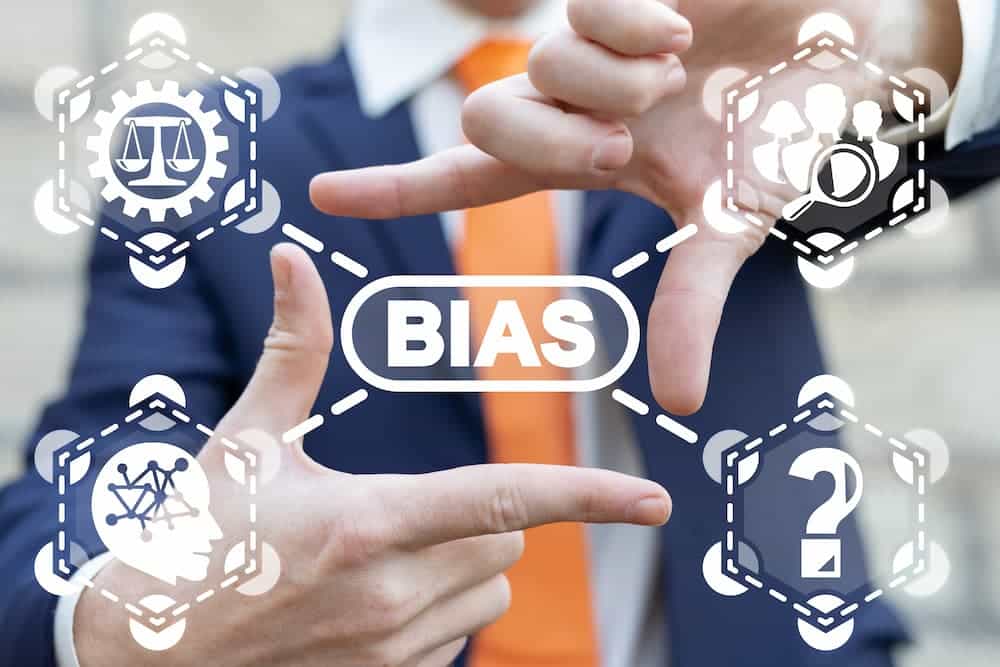Starting last week, companies in New York City now face enforcement of a 2021 law designed to reduce bias in the hiring process when automated employment decision tools are in use. The new standard prohibits companies that have offices or employees in the city from using AI tools to decide hiring or promotion practices unless these tools have been independently audited for bias. While this regulation decisively impacts organizations with a footprint in the Big Apple, experts say all U.S. companies should pay attention.
According to Jonathan Kestenbaum, managing director of technology strategy at talent solutions company AMS, the New York City AI law is “catching up with business.” It should not be seen as simply a punitive arrangement, but rather the development of a guardrail for companies to use emerging AI compliantly.
The law isn’t introducing a new concept. In fact, it addresses AI within a framework of existing federal regulations that prohibit employers from unlawfully including or excluding individuals in hiring and promotion exercises. “AI is not a get-out-of-jail-free card,” says Kestenbaum, noting that new tech should be treated with the same guidelines that are in place for human-driven decision-making.
As organizations implement AI as fast as it hits the market, HR leaders can expect more calls for regulation and legislation to follow, hopefully providing guidance to the industry. This movement should be welcomed by both workers and HR leaders. A May 2023 report from tech analyst firm Valoir showed that four out of 10 respondents think that “AI developments should be paused until better policies and regulations can be developed to manage the potential risks of AI.”
See also: How Factorial grew to become the latest HR tech unicorn
How organizations can prepare for AI bias laws
Kestenbaum says that organizations should look at how AI tools fit into their process and train the people responsible for using them. He notes that hiring methods, particularly those with added complexity within a tech stack, can sometimes make it challenging to see decision points and who is responsible for them.
Companies should be prepared to show a “paper trail” to disclose how and where AI is used in decision-making. His company’s AMS Responsible AI tool provides an audit that assigns a score “indicating each tool’s level of AI sophistication and risk”.
In an exclusive interview with AMS published on its website, U.S. Equal Employment Opportunity Commissioner Keith Sonderling explains an example case: “If you’re using AI to unlawfully include certain or exclude certain individuals, let’s say based upon age, now you have a digital record available that will be eventually produced in legal discovery.”
Kestenbaum says that Sonderling understands the issues and benefits of new technology and is “advocating for a middle ground that works for everyone.” While the goal of using AI tools might be aimed at increasing diversity, HR practitioners must be aware that relying on new technology doesn’t absolve them of legal responsibilities.
AI laws impacting HR are expected to expand
Kestenbaum advises that some version of the New York City law will likely be adopted on state, federal and eventually global levels. The AMS client base spans the world, for example, and he says the “industry has embraced [AI regulation] with open arms.” He says that employers are generally ready to meet requirements that prevent bias in decision-making. Many companies are already using AI tools to prevent bias, and if there is an unseen flaw in the process, an audit can weed it out.
Most predicted that regulations would start at the local level. As Eric Sydell, executive vice president of innovation at Modern Hire, told Human Resource Executive in his trend prediction for 2023, “Algorithms have the potential to discriminate against various protected and unprotected classes and invade individual privacy, resulting in states and localities taking the matter into their own hands through proposed bills that monitor or regulate how these algorithms should be used.”
For background coverage of this topic, visit What HR everywhere needs to know about NYC’s new AI bias law (hrexecutive.com).
Credit: Source link











